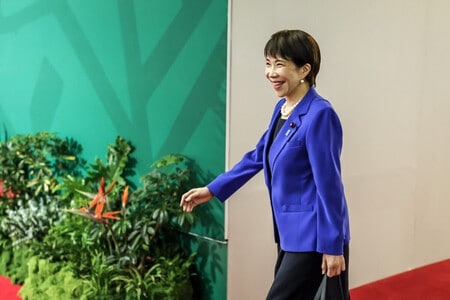A meeting between the governmental leaders of Japan and China, scheduled to take place at the G20 summit, has been unexpectedly postponed. This development raises questions about the dynamics of the bilateral relations between the two East Asian powerhouses. The reasons for this shift are not immediately clear, but it's certain that repercussions will be felt in the global political landscape.
Japan maintains a complex relationship with China due to historical events and various regional factors including territorial disputes, disagreements over history textbooks, and competition for regional influence. Such political developments, like the cancellation of a high-profile meeting, are usually the subject of broad discussion in Japan, with public opinion often divided based on political leanings and personal views toward China. People generally care about the stability of the region and how it may affect Japan’s economy and national security.
In similar scenarios within the EU or US, abrupt changes in meeting schedules between leaders of nations often evoke speculation about potential policy disagreements, communication breakdowns or alterations in strategy. The public and media scrutinize these shifts and analysts attempt to infer any potential impacts on diplomatic relations, trade agreements or geopolitical strategies.

